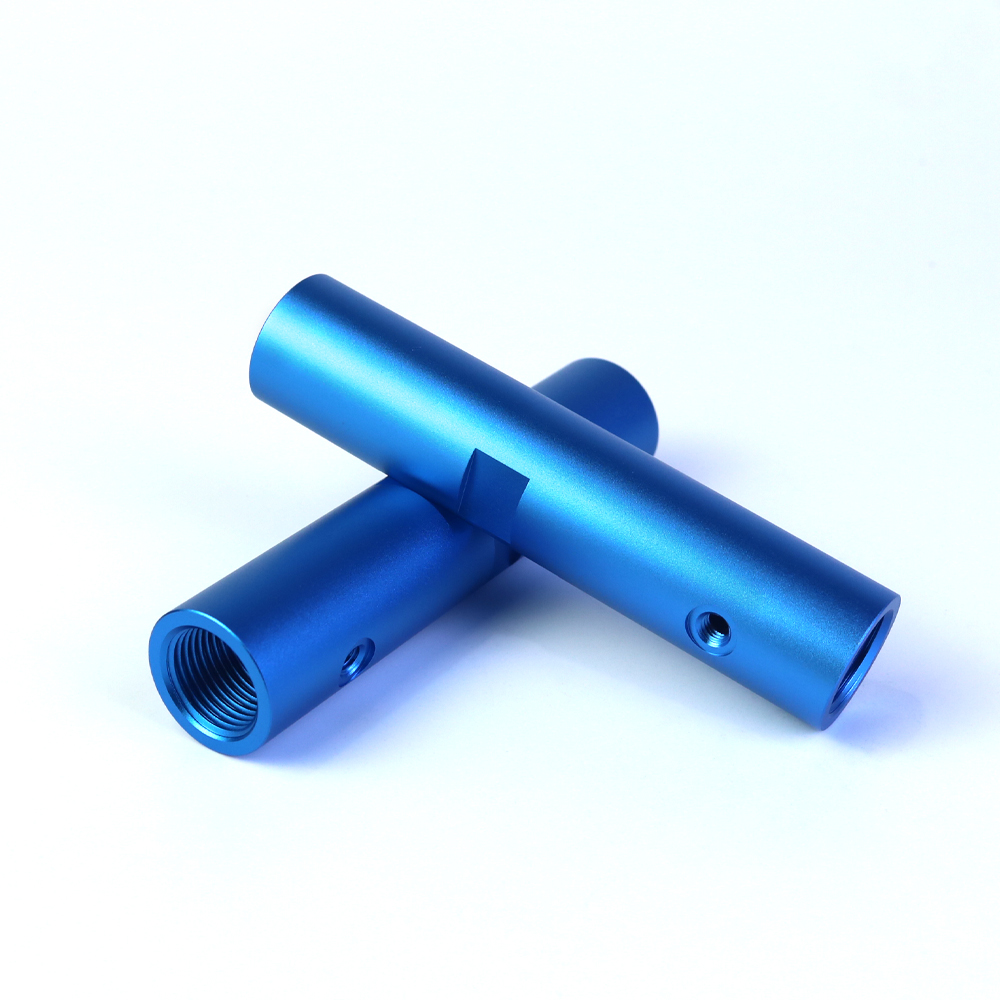A aplicação disruptiva de máquinas de clinchagem servo em fabricação moderna

No mundo em constante evolução da manufatura, as empresas estão sempre à procura de inovações que possam melhorar a eficiência, a precisão e a economia de custos. Uma dessas inovações é a introdução de máquinas de rivetagem servo, que estão rapidamente transformando a forma como as linhas de montagem operam em várias indústrias. Essa tecnologia de ponta está inaugurando uma nova era de automação, oferecendo níveis sem precedentes de controle e precisão no processo de rivetagem, um passo crucial na montagem de uma ampla gama de produtos, desde automóveis até componentes aeroespaciais.
O Que São Máquinas de Rivetagem Servo?
Máquinas de rivetagem servo utilizam tecnologia avançada de motor de servo para controlar precisamente o processo de rivetagem, substituindo sistemas pneumáticos ou hidráulicos tradicionais. Ao contrário dos sistemas convencionais, que dependem da pressão do ar ou da força hidráulica para impulsionar o processo de rivetagem, as máquinas de rivetagem servo utilizam motores eletronicamente controlados para ajustar a força e a velocidade com precisão cirúrgica. Isso resulta em uma operação mais confiável, consistente e repetível, essencial para indústrias que demandam altos níveis de qualidade e desempenho.
Precisão e Eficiência: Um Novo Padrão
O principal benefício das máquinas de rivetagem servo está em sua capacidade de fornecer inserção de rebites altamente precisa e controlada. Na fabricação moderna, a necessidade de precisão nunca foi tão grande, e esta tecnologia garante que cada rebite seja inserido com a força exata necessária, prevenindo danos ao material enquanto otimiza a resistência da junta.
As máquinas podem ser programadas para se adaptar a diferentes materiais, tipos de rebites e configurações de montagem, tornando-as versáteis em uma ampla gama de indústrias. Na fabricação automotiva, por exemplo, a capacidade de ajustar com precisão a força e a velocidade de inserção dos rebites é essencial para garantir a integridade estrutural de materiais leves, como alumínio e painéis compostos. Esse nível de adaptabilidade também reduz o risco de erros e desperdício de materiais, gerando economias significativas.
Acelerando a Produção Sem Sacrificar a Qualidade
Outra vantagem importante das máquinas de rebatimento servo é sua capacidade de aumentar a velocidade de produção sem comprometer a qualidade. Com tempos de ciclo mais rápidos e maior consistência, os fabricantes podem atender à demanda crescente sem perder precisão. Seja na montagem de fuselagens de aeronaves ou na produção de dispositivos eletrônicos, essas máquinas conseguem acompanhar as necessidades de produção em alta escala enquanto mantêm tolerâncias apertadas e uniformidade.
Essa combinação de velocidade e precisão é particularmente valiosa em indústrias como a automotiva e a aeroespacial, onde o tempo de funcionamento da linha de montagem é crítico e até o menor defeito pode levar a recall caros ou preocupações com a segurança.
Redução de Manutenção e Paradas
Um dos benefícios frequentemente ignorados das máquinas de clinch servo é sua baixa manutenção. Sistemas tradicionais de clínch, que dependem de componentes pneumáticos ou hidráulicos complexos, podem sofrer desgaste, levando a manutenções frequentes e paradas caras. As máquinas servo, por outro lado, são construídas com menos peças móveis e dependem de sistemas eletronicamente controlados que são menos suscetíveis a falhas. Como resultado, os fabricantes estão vendo custos de manutenção mais baixos, maior confiabilidade e menos interrupções em seus cronogramas de produção.
Fabricação Amiga do Meio Ambiente
À medida que a sustentabilidade se torna um foco cada vez mais importante para as indústrias globais, as máquinas de rivetagem servo também contribuem para uma fabricação amiga do ambiente. Com a capacidade de otimizar o uso de energia, essas máquinas consomem menos energia do que suas contrapartes pneumáticas, reduzindo os custos energéticos totais. Além disso, a redução no desperdício de materiais devido ao controle de precisão alinha-se com os objetivos de sustentabilidade, ajudando os fabricantes a minimizar seu impacto ambiental.
O Futuro da Manufatura
Com o aumento da demanda por soluções de fabricação mais eficientes, sustentáveis e precisas, as máquinas de rivetagem servo estão prontas para se tornarem um pilar das linhas de montagem modernas. Sua capacidade de combinar velocidade, precisão e adaptabilidade está revolucionando indústrias desde a automotiva até a aeroespacial, eletrônica e muito mais.
Especialistas preveem que, à medida que a tecnologia continua a avançar, podemos esperar melhorias ainda maiores na inteligência de máquinas, com sistemas impulsionados por IA capazes de analisar dados em tempo real e ajustar automaticamente parâmetros para o desempenho ótimo. Essas inovações podem otimizar ainda mais os processos de fabricação, permitindo níveis ainda maiores de personalização e flexibilidade nas linhas de produção.
Em um mundo onde o tempo é dinheiro e a precisão é fundamental, a adoção de máquinas de clinchagem servo marca um momento revolucionário para os fabricantes. À medida que as indústrias abraçam essa tecnologia, elas não só estão melhorando seus resultados financeiros, como também estabelecendo novos padrões para o que é possível na fabricação moderna.
Conclusão: Uma Revolução em Andamento
O surgimento das máquinas de rivetagem servo representa muito mais do que uma simples atualização tecnológica — é uma revolução no modo como as linhas de montagem operam. Com a promessa de precisão aprimorada, redução de custos e maior eficiência na produção, essas máquinas estão se tornando rapidamente uma ferramenta essencial no arsenal de fabricantes em todo o mundo. À medida que a indústria continua a evoluir, uma coisa é certa: a rivetagem servo veio para ficar e está impulsionando o futuro da manufatura a toda velocidade.


